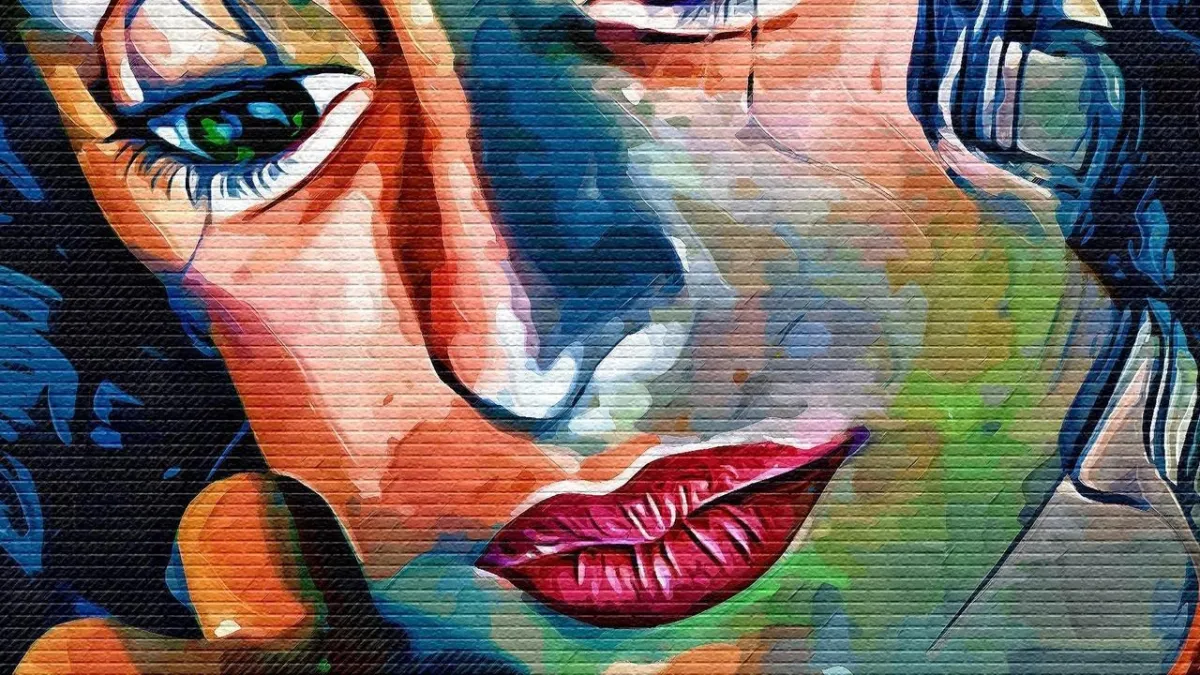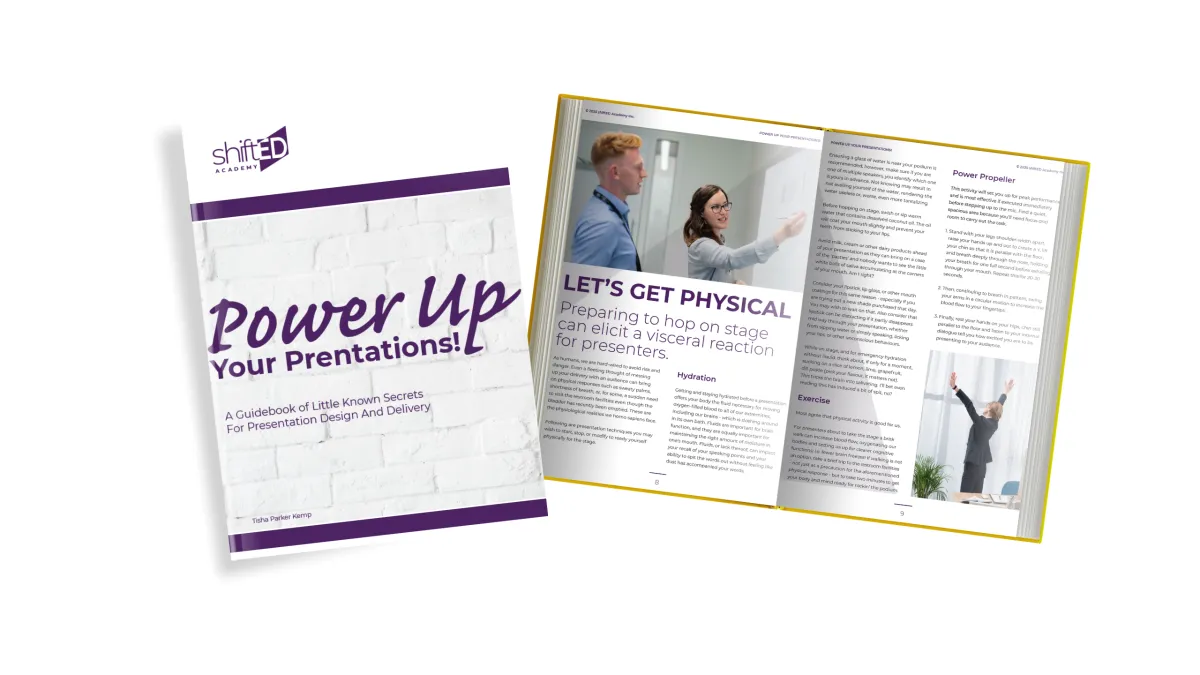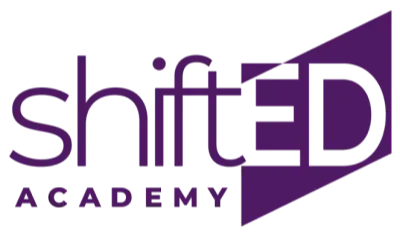
Embrace the chance to take action to become an ally while presenting
Something’s been bothering me, weighing heavy on my heart and mind. If you know me well, you likely already know that I cry at commercials and feel intense empathy when in conversation with another human. I’m instantly joyous with you, yet easily moved to tears…even during a presentation, which happened recently.
During my workshops, we often discuss presenters and their ability to connect with their audience. We talk about strategies for building relationships with our audience.
As presenters, some are quite naturally able to connect with audiences. They bring passion, they seek to understand, they aim to help. I’ve seen shiftED alum and some of you present to audiences, and I’ve witnessed time and again how you connect with your audiences of one or many, in person or online.
I observe and I learn. Always. Wanting to do better.
A perpetual student.
The participant who welled up my eyes this past week pointed to the one-on-one conversation we had before our workshop series began. During these ‘needs assessment’ conversations, my intention is to ensure the programs offer value for your time spent, and so that I can tailor the content toward the collective and individual needs of the cohort.
Intention.
Since that class, I’ve been bothered by this ‘intention’ (and the roads paved with them). I often feel I could do better. There was cognitive noise around this for me, and I couldn’t quite put my finger on where it was coming from. That evening, the noise grew louder, clouding my mind as my head hit the pillow. I was flattered, to be sure. Any presenter loves to hear the positive impact of connecting with their audience from the first interaction.
But.
Intention.
Why was this so noisy? It was like a buzzing static that hummed in my mind.
Throughout the week, the noise ebbed then flowed.
During workshops, we talked about inclusivity, presenting and leading with empathy rather than knowledge, warmth over competence.
We deepened the conversation. Perhaps because it is Pride Month, perhaps because of #BlackOutTuesday and recent Anti-Racism rallies and rallies for missing and murdered Indigenous women, perhaps it is because of the personal stories of those involved. Whatever the reason, these are important conversations.
Another workshop participant reminded us of this well-known quote "your audience won’t care how much you know until they know how much you care.”
Brilliant.
Another still pointed out that ‘knowing’ isn’t enough. Having expertise and competence, such as cultural competence, is simply not enough.
Agreed.
Sure, as presenters, we must be mindful of our audiences’ historical context, mindset, societal barriers, and systemic issues.
We must.
We must ‘know.’ And so, we must continue to educate ourselves.
Not only does our audience want us to be knowledgeable, they want to know that our warmth is not a platitude.
During our Coterie membership group with shiftED alum late in the week, our guest speaker, Cynthia Sweeney of Simply Good Form, educated us on being an ally.
Caring isn’t change.
Intention may come from a place of ignorance.
Knowing isn’t doing.
The noisy, scattering, incoherent thoughts were deafening.
We must move beyond intention to a place of action.
Am I doing enough? Probably not.
But, I am learning.
I am learning that we must be allies. And while it may be characteristic of a true ally, intention can wield complacency instead of action.
I am learning to embrace the noise in my mind because it's telling me to do something about it. That includes reflecting on what I have learned and sharing the practical strategies that I bring forward in my presentations - some of which I've only begun to appreciate the impact.
Here are a few suggestions for taking action, for actively illustrating that we are allies during our presentations:
Imagery: ensure the pictures in your presentation slides are inclusive. Does your audience or potential audience see themselves in your presentation visuals? Review the images to see if they are white-washed, age-exclusive, or gender-specific. Know your audience. Assess your imagery every time you present and alter it, if necessary, so that your audience is portrayed.
Words: review your introductions, your speaker bio, your social media profiles and your speaking points of your presentation are inclusive. Do you share your gender-identity with your audience? Sharing your pronouns normalizes the practice, stops us from 'other'-ing.
Room / Venue: for small or large groups for workshops, will you default to theatre-style rows for your audience? Not all cultures organize learning spaces that resemble a grid pattern. Consider whether one large circle, where presenter joins the audience, might work for your presentation. Meaningfully acknowledge unceded territory.
Engagement: set the expectation for participation, inviting everyone to engage, and make it safe for every individual in your audience to do so. Notice the dominant voices. Pass the mic and share the spotlight with those whose voices are not heard, then listen, explore, encourage, support. Thank them. Learn from them.
Knowing is not enough.
Empathizing is not enough.
Intention is not enough.
Standing up for what is right and making change is a start.
Is it enough? Probably not. But they are steps forward.
Perhaps, as I've done, you'll learn more here:
Black, Asian, and Minority Ethnic Educators Network
Understanding Indigenous Perspectives, University of Toronto
-Tisha Parker Kemp
Original Image by DrSJS from Pixabay, modified by Yours Truly






